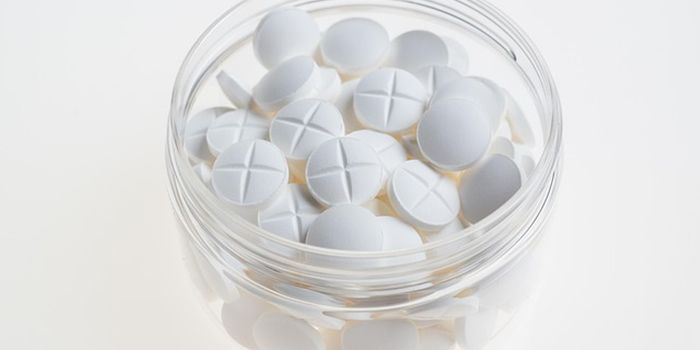Shocking Numbers Of People Self-Prescribing Daily Aspirin
Up until recently, people who were concerned about the possibility of suffering a cardiac event were often advised to take low-dose aspirin daily. Because aspirin reduces the stickiness of blood platelets, making them less likely to clot with minimal side effects, the suggestion was widespread. The medical community supported the daily use of low-dose aspirin with the view that the benefits outweigh the risks.
In 2018, three major studies revealed that the dangers of internal bleeding offset the benefits of daily aspirin use. Guidelines on the use of aspirin to reduce cardiovascular risk were then revised by the American Heart Association and the American College of Cardiology.
New guidelines advise against the use of daily low-dose aspirin for adults 70 and over. They also warn against the use of such remedies in persons with an increased risk of bleeding. Such recommendations do not apply to persons who have already experienced a cardiac event. Nor do they apply to persons who have undergone surgery to avoid such an incident from occurring. Accompanying the new guidelines is the suggestion that people not self-prescribe an aspirin remedy without first talking to their doctor.
Researchers at Beth Israel Deaconess Medical Center and Harvard Medical School hoped to determine the extent to which aspirin was used for this purpose.
Using data from the 2017 National Health Interview Survey, they found that 23.4% of adults reported taking aspirin daily to prevent heart disease. Adults included were aged 40 years or older and did not have cardiovascular disease. This figure equates to about 29 million individuals, 6.6 million of them were self-prescribing the regimen, without a doctor’s recommendation. Of those aged 70 or more, about 50% of persons with no history of cardiovascular disease reported taking daily aspirin.
With aspirin companies capitalizing on this widely suggested preventive method, it’s easy to understand why so many people continue to follow daily aspirin routines. Bottles of aspirin themselves are labeled as helpful for heart attack prevention. Educating people of these new guidelines will be a significant component of the transition away from the widespread use of aspirin remedies.
The above video, from Mayo Clinic, discusses who might benefit the most from adding aspirin to their daily routine.
Sources: Annals of Internal Medicine, Mayo Clinic










